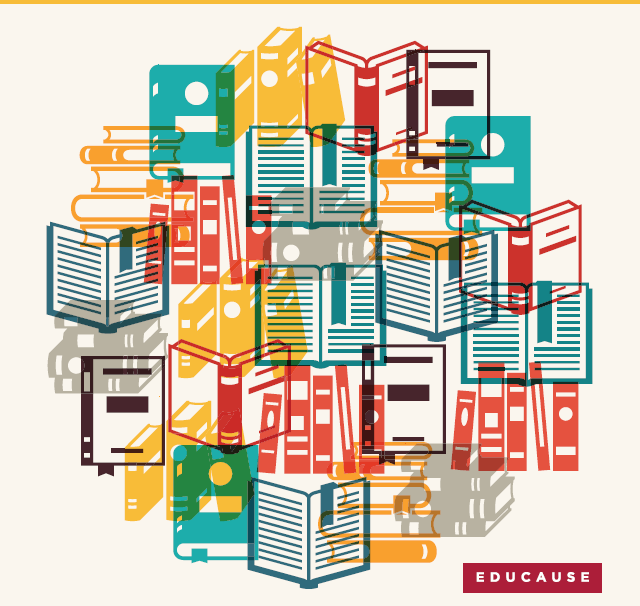|
Turns out that announcing I am going to be blogging regularly has not made me blog regularly. So, this is an announcement that I am going to blog irregularly. Or continue to blog irregularly. I am still thinking about edtech as coloniality but of course I have been doing Other Things.
One of the Other Things I have been doing is writing an Insider’s Guide to Navigating the Research Bureaucracy at my university. You know, everything that you wished someone had told you? Turns out there is a lot to share about the informal systems as well as the formal ones. But that is not really blog worthy. Something else I did was write a piece on South Africa for the 2021 Educause Horizon Report. The brief was to describe higher education in South Africa especially in the light of the key trends identified by the Panel this year. That is on page 39 of the Report. What was striking is that Higher Education in South Africa represents an extreme case of a situation that the pandemic made clear is pretty much a global situation: inequality for students, for academics, for institutions, for national systems, for the sector as a whole. And how Covid has made everything so much more ingewikkeld - the dictionary says that means vexing and complicated. And how there is so much that needs to be better understood. Which is why I concluded the piece with a set of suggested research questions:
0 Comments
|
AuthorI am a professor at the University of Cape Town in South Africa, interested in the digitally-mediated changes in society and specifically in higher education, largely through an inequality lens Archives
April 2024
Categories |



 RSS Feed
RSS Feed
